Boris I, King of Andorra: how the Russian combinator briefly became a European monarch
By Pictolic https://pictolic.com/article/boris-i-king-of-andorra-how-the-russian-combinator-briefly-became-a-european-monarch.htmlThe name of Boris Skosyrev is not very familiar in our country, but in Europe remembered this man very well. This energetic and intelligent adventurer managed to become the king of Andorra for two weeks, start progressive reforms in the country, and even declare and lose the war in disgrace.
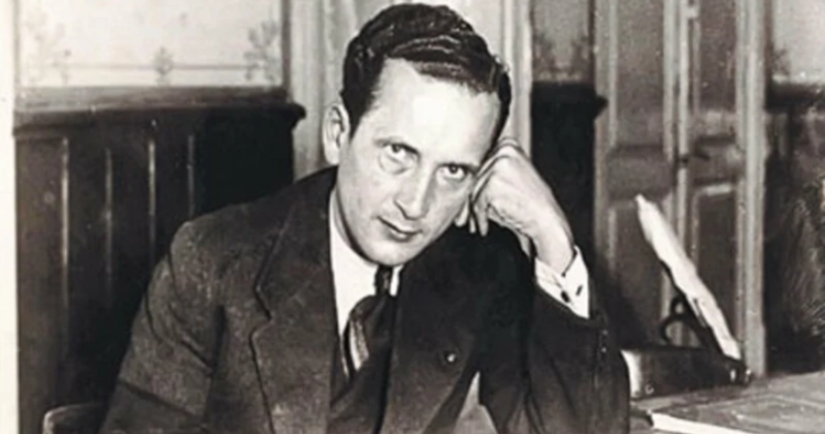
Boris Mikhailovich Skosyrev was born in 1896 in the city of Vilna, in the family of a cavalry cornet Mikhail Skosyrev and a Russian noblewoman of Greek origin Elizabeth Mavros. In the First World War, Boris was drafted into the army, where he served in a division of British armored cars and participated in the hottest battles on the Eastern Front.
After the war, Skosyrev emigrated to the United Kingdom, where he lived on odd jobs. Later, this period of life was used by the fraudster for PR. He claimed to have worked as a British secret agent. Boris successfully "sold" his stories to popular publications, including such authoritative ones as The Times.
In fact, Skosyrev's line of work was secret, but it was not aimed at the good of the kingdom. Having barely achieved official refugee status, Boris ends up in an English prison for forging checks. In 1925, after being released, he left for the Netherlands, where he developed the most violent activities.
I must say that Boris Skosyrev could not be called an ordinary person. Raised in an intelligent noble family, he knew six foreign languages, had impeccable manners, and dressed stylishly. The conman surrounds himself with a halo of mystery and heroism, telling friends and journalists plausible, but from beginning to end fictional spy stories.
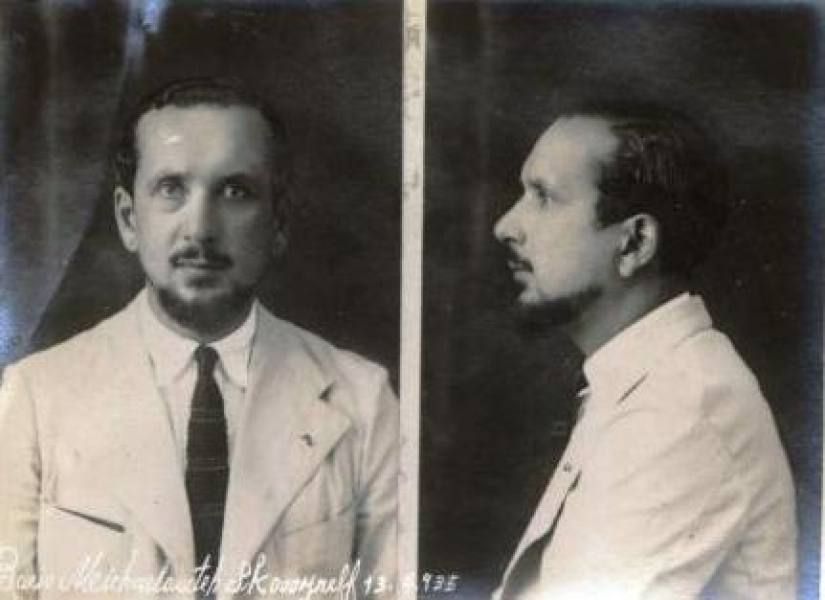
Photo of Boris Skosyrev from the criminal case
Skosyrev claimed to have received awards from the British monarchy and received the title of Count of Orange from the Queen of the Netherlands for special services to the country. Moreover, the impostor on occasion mentioned that he had a professorship from Oxford.
"The Count of Orange" was a notable person and was respected by men and popular with the fair sex. Here is how the historian Andrey Goncharov describes Skosyrev:
Boris carefully maintained the image of a noble man of the "old school", so he did not part with a monocle and an elegant pocket watch on a gold chain.
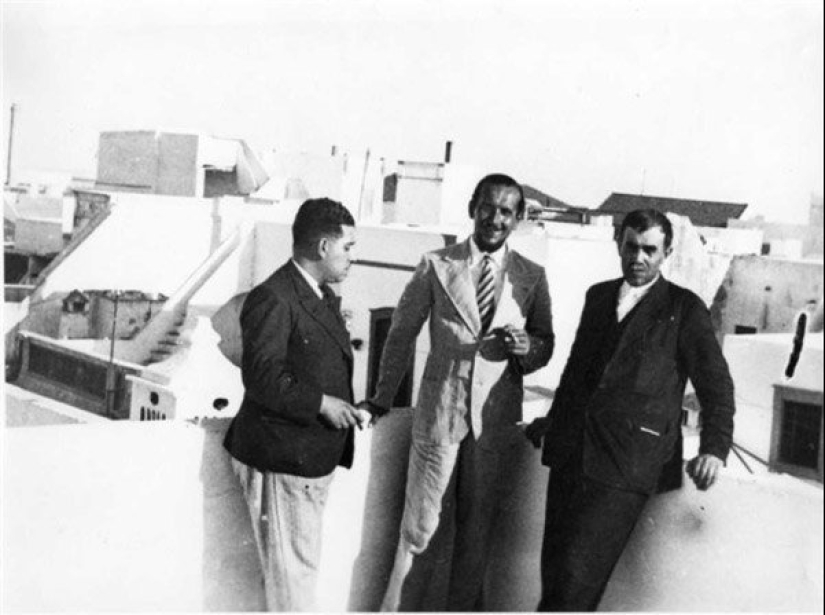
The adventurer always looked immaculate. Skosyrev in the center
In 1931, a handsome emigrant marries a woman named Marie Louise, but less than a year later leaves her for a young Englishwoman Polly Hurd. In 1932, the couple settles in Spain, where Skosyrev continues to "catch fish in muddy water". In the Barcelona police archive, there is a record that Boris tried to illegally sell jewelry and was caught red-handed.
This time, the arrest was avoided, but the fraudster is deported from Spain. Skosyrev settles in the south of France, where he leaves Hurd without regret for Florence Marmon, the former wife of the American automobile magnate Howard Marmon. During the divorce, the enterprising Florence thoroughly "pinched" the millionaire and was a very profitable match for the ambitious, but poor Bori.
Spanish historian Anthony Morel y Mora believes that it was his acquaintance with Florence that prompted Skosyrev to commit the scam of his life. The capital of the new lover should not have melted away — it had to be invested in a promising business and Boris Skosyrev decided to become ... a king.
To implement his plan, the adventurer chose the tiny mountain principality of Andorra, sandwiched between France and Spain. In the 30s of the XX century, it was a backwater of Europe, which since the end of the XVI century was ruled by French monarchs and presidents, together with the highest Spanish clergy.
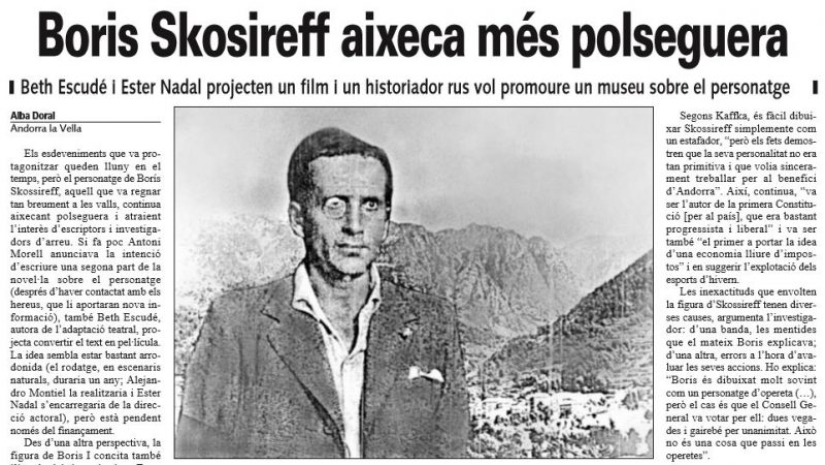
Article about Skosyreve in the newspaper
Energetic and, thanks to Florence's money, successful Boris Skosyrev appears in Andorra in 1933, quickly becomes a citizen of the principality and makes friends among the patriarchal and passive elite. At a meeting of the General Council, which in Andorra played the role of parliament, he proposes a plan to transform the principality from a place forgotten by God and people to the financial and tourist capital of Europe.
Using the methods of Ostap Bender, Skosyrev colorfully described to the Andorran aristocrats how he would make the country prosperous and obscenely rich in a few years. "Stop living on the margins of history!" was the slogan used by Boris, confusing his audience with his assertiveness.
While in exile, Boris organizes his ideas, brings them to the economic base, and most importantly-writes the constitution of Andorra. In parallel, Skosyrev actively promotes himself, giving interviews to well-known European publications on behalf of the King of Andorra. Having conducted a solid information company and sparing no expense to his passion for advertising and bribes, in 1934 the self-styled king of Andorra returns to the principality with new proposals.
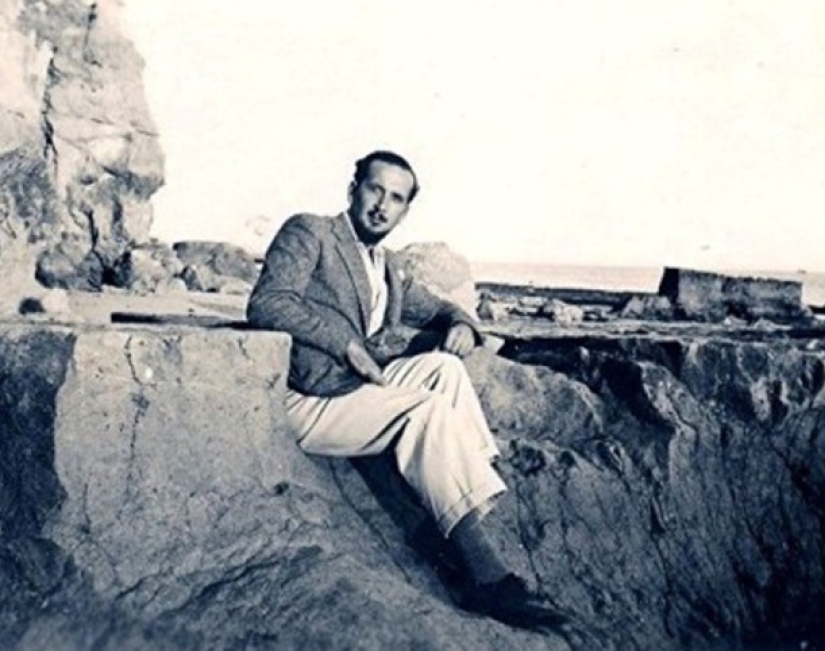
This time Skosyrev played big, betting not only on the elite, but also on the entire population of five thousand people in the country. The Combinator promises universal suffrage, foreign investment, tax relief for citizens, and the elimination of unemployment. A separate point was the development of the gambling business — the principality was to become a Mecca for the gambling rich.
Every foreign firm that wants to do business in the principality will have to be headed by a local resident, and in addition, Andorrans were planned to give priority to employment. From the inhabitants of the principality for the implementation of the plan required a mere trifle-to recognize King Boris I of Andorra and help him in all his endeavors.
Skosyrev's reforms were so advanced and enticing that 23 of the 24 members of the General Council voted for the appointment of Boris as king. Therefore, on July 8, 1934, a former citizen of the Russian Empire, with more than a dubious past, became a full-fledged European monarch.
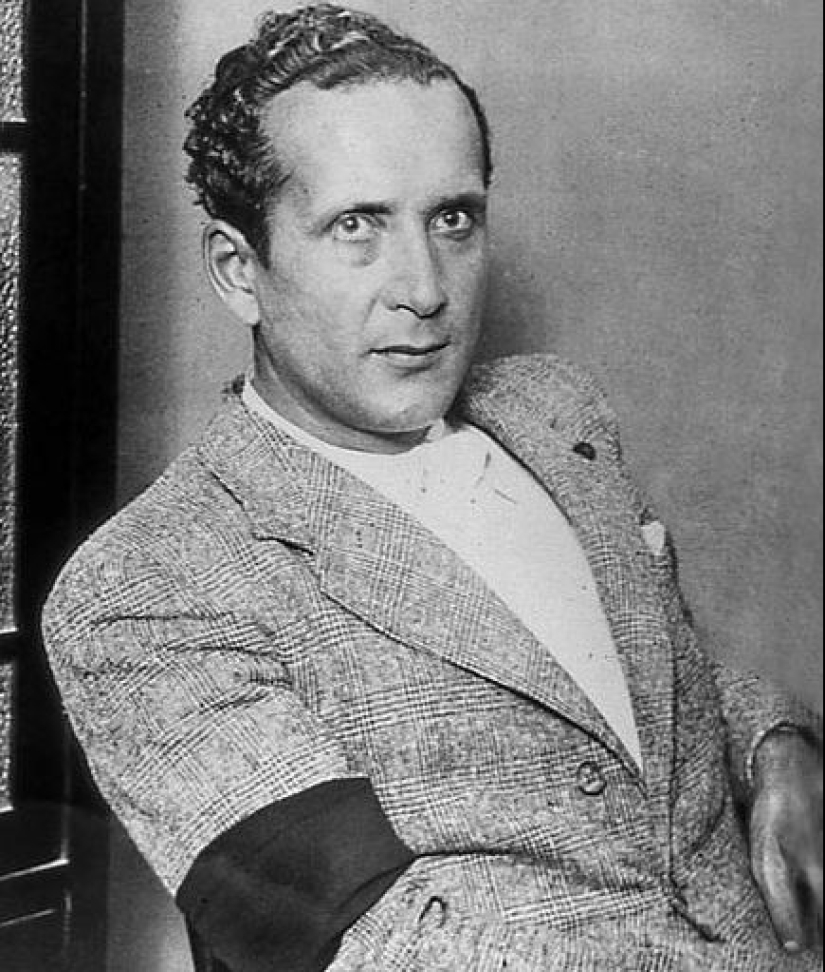
I must say that as the ruler of the first and last in the history of Andorra, King Boris I was quite good. When he took the throne, the first thing he did was to implement his election promises. He began by taking away all the privileges of the Spanish and French businessmen, who for many centuries had shamelessly plundered the principality.
On August 1, 1934, democratic elections were scheduled, which were supposed to consolidate the right of Boris I to the royal throne. Most likely, Skosyrev would have won this election, but he lost his crown without waiting for them.
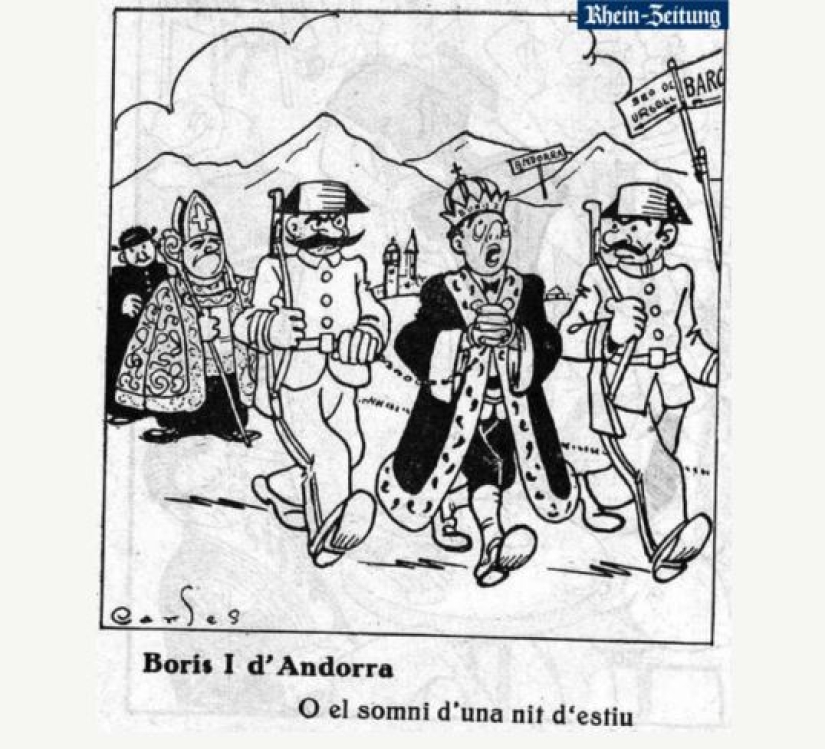
Cartoon showing the arrest of King Boris I by the Spaniards
On the 12th day of the reign of King Boris I of Andorra, Spain launched a pre-emptive strike and, in the person of five guards, violated the borders of the principality. 16 police officers representing the country's law and at the same time the armed forces, fled in panic and very soon the enemy entered the royal residence.
Skosyrev was arrested right in the garden of the royal palace, when he, unsuspectingly, was drinking tea and reading a newspaper. He was taken to the already well-known Barcelona, where he was traditionally tried. This time, the charges against the adventurer were so stupid that everything was limited to admitting his guilt in illegal border crossing. Prison was not avoided this time, and the deposed monarch served a year behind bars.
After the release of "King Boris" was exiled to Portugal, where he lived until the outbreak of World War II. When the fighting began in Europe, Skosyrev got a job as a translator for the Nazis, returned to his official wife, and, one might say, settled down.
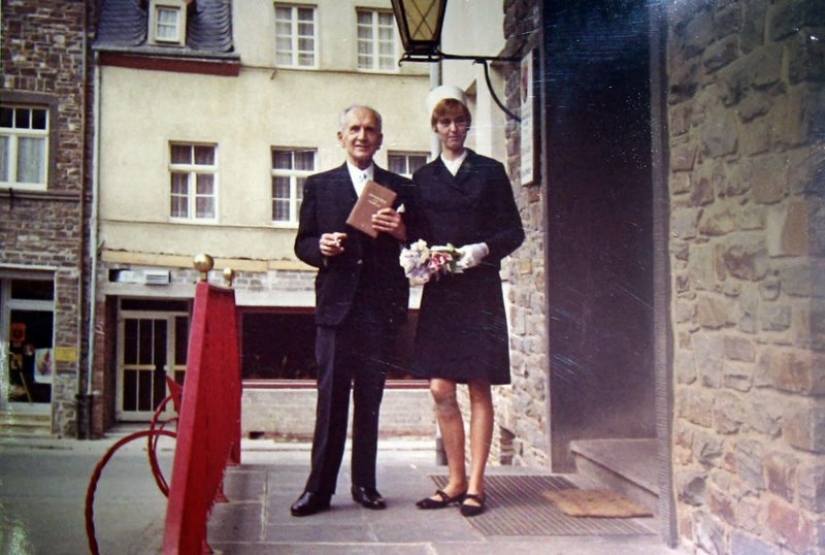
Pensioner Skosyrev with his wife in the mid-70s
Skosyrev was not seen in war crimes, so the service of the Germans got away with it. After the war, the former king lived a quiet life as a German provincial and died in 1989 in the town of Boppard. In Andorra, they pretend that the Russian king never existed in their history and refuse to discuss the events of the mid-30s.
It looks extremely hypocritical, since the principality adopted almost all the laws proposed by Skosyrev and still became prosperous, but without its adventurer king. The story of Boris Skosyrev is unusual and revealing. She says that sometimes impostors care about the country and its people more than the legitimate rulers.
Keywords: Andorra | Barcelona | World War II | Spain | Prince | King | Fraud | Police
Post News ArticleRecent articles

Human skin bindings are often found in books and films of the fantasy and horror genres. Usually they are supplied with grimoires - ...

Paintings by the Dutch artist Jacob Brostrup (Jacob Brostrup) can not leave indifferent even the person far from art. Fantastic ...
Related articles

Paintings by the Dutch artist Jacob Brostrup (Jacob Brostrup) can not leave indifferent even the person far from art. Fantastic ...

While the Red Army used the "front-line hundred grams", methamphetamines were used on the other side of the trenches. Under the ...

Incredible images from above have revealed to the world the traces of the Second World War in the Pacific region. What remains of ...

New York photographer Adrian Nina takes portraits of women in the most ordinary settings. His heroines are relaxing at home, riding ...